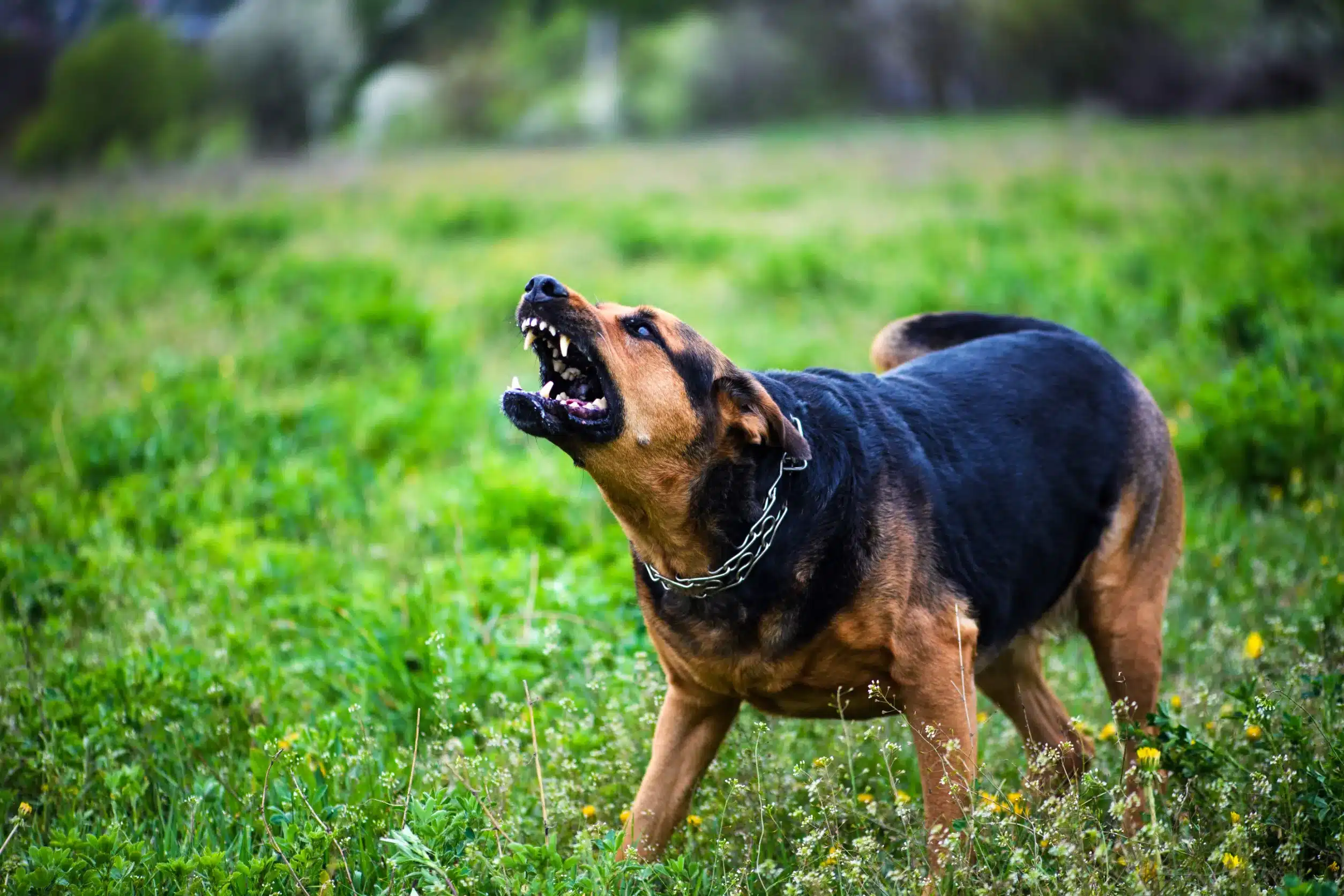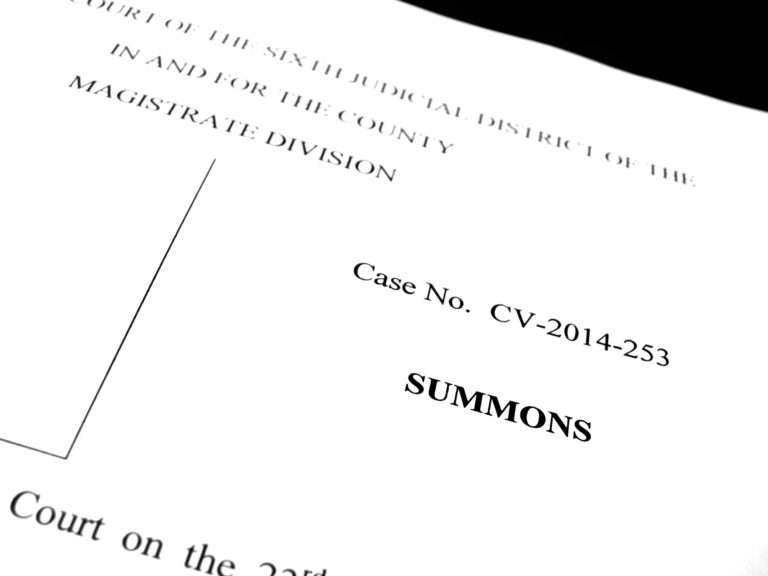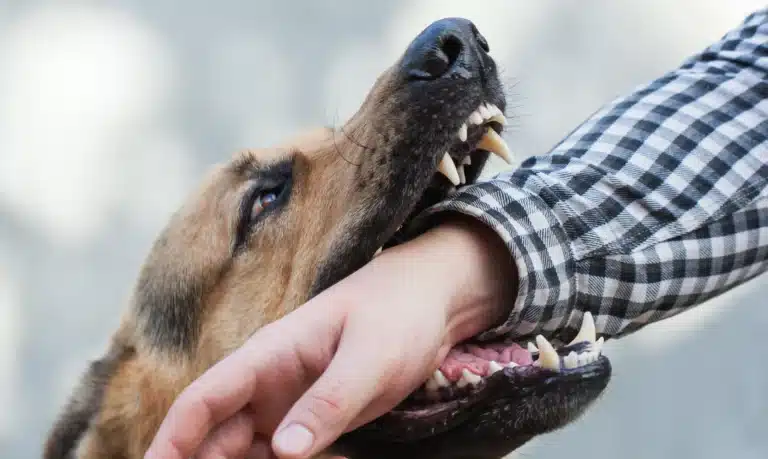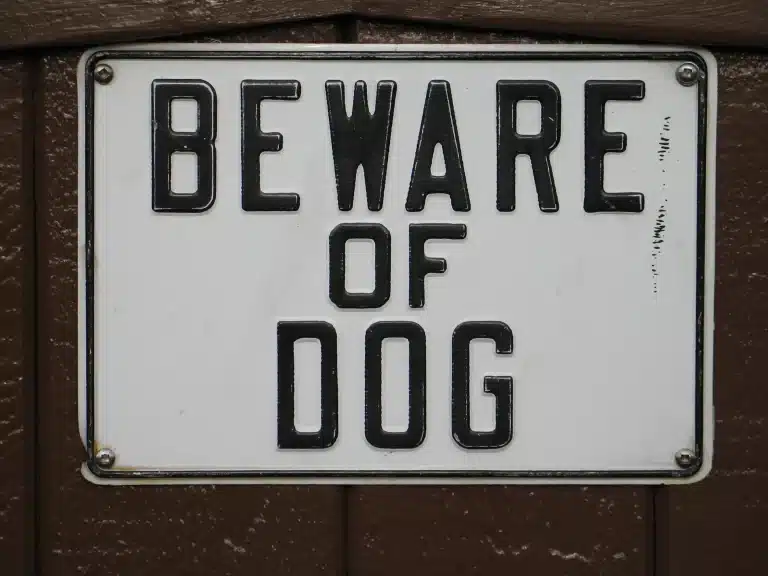Pet Sitter Liability in Florida
Pet Sitter Liability: Protecting Yourself from Florida Dog Bite Claims
As a pet sitter in Florida, you take on a significant responsibility when caring for someone else’s furry friends. While the joy of cuddling and playing with dogs is undoubtedly rewarding, it also comes with potential legal risks if one of the animals in your care were to bite or injure someone. Understanding the liability landscape for pet sitters is crucial to protecting your business and personal assets.
In this blog post, we’ll explore the key considerations around pet sitter liability in Florida, including common scenarios, potential defenses, and strategies to minimize your exposure. Whether you’re an experienced pet sitting professional or just starting out, this information can help you navigate the complex world of Florida dog bite defense.
Florida’s Strict Liability Law and Pet Sitters
Florida operates under a strict liability law when it comes to dog bites. This means that the dog’s owner is generally responsible for any injuries caused by their pet, regardless of the animal’s previous behavior or the owner’s knowledge of its propensity for aggression.
However, the strict liability law doesn’t necessarily end with the dog’s owner. Pet sitters can also be held liable in certain situations, particularly if they:
- Fail to exercise reasonable care in handling the dog
- Knowingly accept a dog with a history of aggression
- Contribute to the dog’s aggressive behavior during their care
- Assert certain control or dominion of the dog during the time the dog is in their care
This means that as a pet sitter in Florida, you have a duty to exercise due diligence in caring for the animals entrusted to you. Neglecting this duty can expose you to significant legal and financial risks.
Using Professional Pet Sitting Services
One way to potentially mitigate your liability as a pet sitter is to utilize the services of a professional pet sitting company, such as those offered through phone app-based platforms. These companies often provide liability insurance for dog owners who book their services, which can help protect you in the event of a dog bite incident.
When using a professional pet sitting service, make sure to:
- Carefully review the company’s insurance coverage and understand the limitations
- Inquire about any specific training or screening requirements for their pet sitters
- Communicate any concerns about the dog’s behavior to the service provider
- Follow all protocols and instructions provided by the professional pet sitting company
By leveraging the resources and insurance protection offered by these services, you can reduce your personal liability exposure as a pet sitter.
Common Scenarios Where Pet Sitters Face Liability
There are a few common scenarios where pet sitters in Florida may be held liable for dog bite incidents:
- Lack of Proper Supervision: If a dog under your care attacks someone while you were not present or were not closely monitoring the animal, you could be found negligent.
- Failure to Identify and Manage Aggressive Tendencies: If you were aware of a dog’s history of aggression or bite incidents and failed to take appropriate precautions, such as separating the dog from visitors or using muzzles, you may be liable.
- Improper Handling or Training: If your actions, such as rough play or inadequate obedience training, contributed to a dog’s aggressive behavior, you could be held responsible for any resulting injuries.
- Lack of Secure Containment: If a dog in your care escapes and injures someone, your failure to properly contain the animal may make you liable.
- Accepting a Dog with Known Aggression Issues: Taking on a dog with a documented history of biting or attacking without informing clients and taking appropriate precautions can significantly increase your liability.
It’s important to note that the specific circumstances of each case will determine the level of liability for the pet sitter. Consulting with an experienced Orlando dog bite lawyer can help you better understand your potential exposure and develop strategies to mitigate risk.
Defending Against Pet Sitter Liability Dog Bite Claims
If a dog bite incident occurs while you’re caring for a client’s pet, you may find yourself having to defend a dog bite lawsuit. In these situations, there are several potential defenses you can explore:
- Lack of Negligence: You can argue that you exercised reasonable care in handling the dog and that the incident was an unforeseeable accident.
- Contributory or Comparative Negligence: If the injured party’s own actions, such as provoking the dog or disregarding your instructions, contributed to the incident, you may be able to shift some of the liability.
- Assumption of Risk: If the client was aware of the dog’s history and risks and still entrusted the animal to your care, they may have assumed the inherent risks involved.
- Lack of Knowledge: If the dog’s aggressive tendencies were not disclosed to you and you had no reason to suspect the animal’s potential for violence, you may be able to argue that you couldn’t have reasonably prevented the incident.
- Proper Containment and Precautions: If you can demonstrate that you took appropriate measures to secure the dog and prevent access to visitors, this may help reduce your liability.
Strategies to Minimize Liability Exposure
As a pet sitter, proactively taking steps to minimize your liability exposure is crucial. Here are some key strategies to consider:
- Thorough Client Screening: Carefully vet new clients, inquiring about the dog’s history, temperament, and any known aggression issues. Decline to accept dogs with a history of violent behavior.
- Detailed Client Agreements: Ensure your service contracts clearly outline your responsibilities, the client’s obligations, and the risks involved. Include provisions that limit your liability in the event of an incident.
- Comprehensive Insurance Coverage: Obtain professional liability insurance that specifically covers pet sitting and dog-related risks. This can provide vital financial protection if a claim is filed against you.
- Robust Handling and Containment Protocols: Develop and consistently follow best practices for safely handling, transporting, and containing the dogs in your care, especially those with known aggression issues.
- Staff Training and Supervision: Provide comprehensive training for your employees on dog behavior, bite prevention, and emergency response. Closely supervise staff when caring for animals.
- Clear Communication with Clients: Maintain transparent and open communication with clients about any concerns or incidents involving their dogs. This can help manage expectations and reduce the risk of future legal disputes.
By taking a proactive and diligent approach, Orlando pet sitters can significantly reduce their liability exposure and protect their businesses and personal assets in the event of a dog bite incident.
If you’re facing a dog bite lawsuit or have concerns about your potential liability as a pet sitter, don’t hesitate to seek the guidance of experienced Orlando dog bite defense lawyers. They can help you navigate the complex legal landscape, build a strong defense, and implement measures to minimize your exposure to future claims.
Remember, each pet sitting scenario is unique, and the specifics of your case will play a significant role in determining the best course of action. By working closely with knowledgeable legal professionals, you can ensure that your business and personal interests are protected, even in the face of unexpected dog bite incidents.






